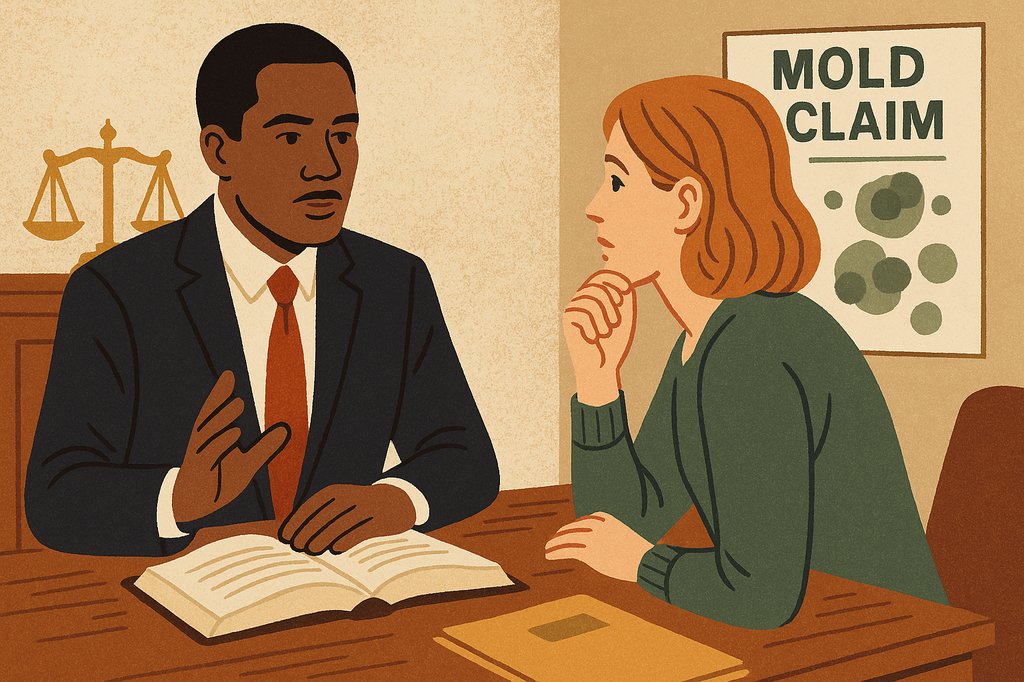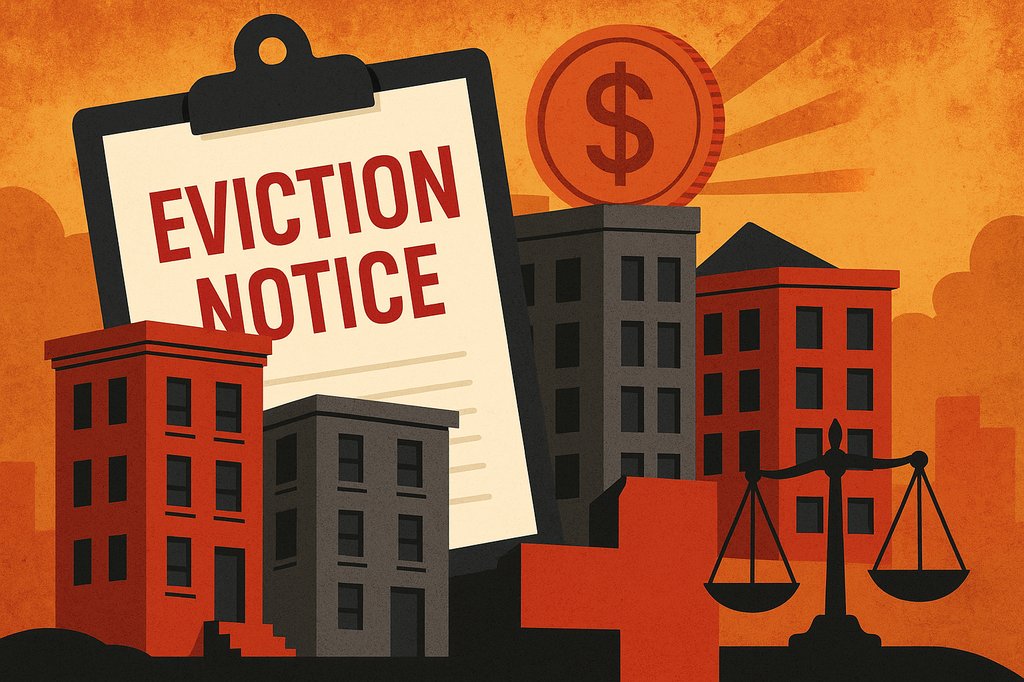“Out of the Box Thinking”: Rental Property Owner Reimbursement
The Problem
The City of Los Angeles along with other municipalities in California have passed ordinances and policies that have actually cost rental property owners real money. In some of these cases they will actually lose their property to bank forclosures or be forced to sell (to a corporate landlord) at a reduced price. In addition, their credit score could be negatively affected. We understand the need to keep people housed, however, this responsibility should fall on the governmental agency making the policy, not on a private citizen, rental property owner.
For example, during the pandemic, some local governments had policies that prevented a tenant from being evicted for almost any reason. This eviction moratorium lasted over two years. So during this time, an owner could not evict a tenant for non-payment of rent, nor for a myriad of other reasons. An apartment that a non-paying tenant may have rented for $1,500 would, after 30 months of not paying rent, cost that owner $45,000! An owner with a six unit building where three tenants availed themselves of these pandemic era protections lost $135,000! To make matters worse, the owner could not inquire if the tenant was having financial trouble related to COVID and it wouldn’t matter anyway. The program has ended, and payments are finally due to owners, but good luck with collecting past due rent that might be owed to an owner.
Of course, during this time the owner was responsible for the mortgage, utilities, maintenance, taxes and all other incidentals that may occur in the operation of a rental property. This policy is forcing many owners into bankruptcy today. Some were lucky enough to have savings to cover their losses. Particularly for small “Mom and Pop” owners this situation is simply unfair.
A Possible Solution
The State should pass a bill assigning a governmental agency at either the state or local level the responsibility for the development and implementation of policies to reimburse for any documented losses to rental property owners. So in the example from above, the City would pay the owner the back rent and seek to recover the funds extended from the tenant. If the tenant becomes able to make rental payments again, they would notify the owner who would inform the local government.
After the tenant failed to pay rent pursuant to the policy, the owner would invoice the local government for the arrearage. An owner should not be responsible to incur the cost of housing tenants unable to pay rent. This means when local governments enact a policy that creates costs to owners, they would have to consider the total cost.
Written by Roderick D. Wright, California State Senator (Ret.)
The author, California State Senator Roderick Wright (Ret.), was a member of the California State Senate and State Assembly. He has developed affordable housing with the Inner-City Housing Corporation. He worked in the Planning Department of the City of Los Angeles. He also worked at the Southern California Association of Governments (SCAG). Mr. Wright has been a rental property owner for over 40 years and is also a member of the Apartment Association of Greater Los Angeles and the Coalition of Small Rental Property Owners.









